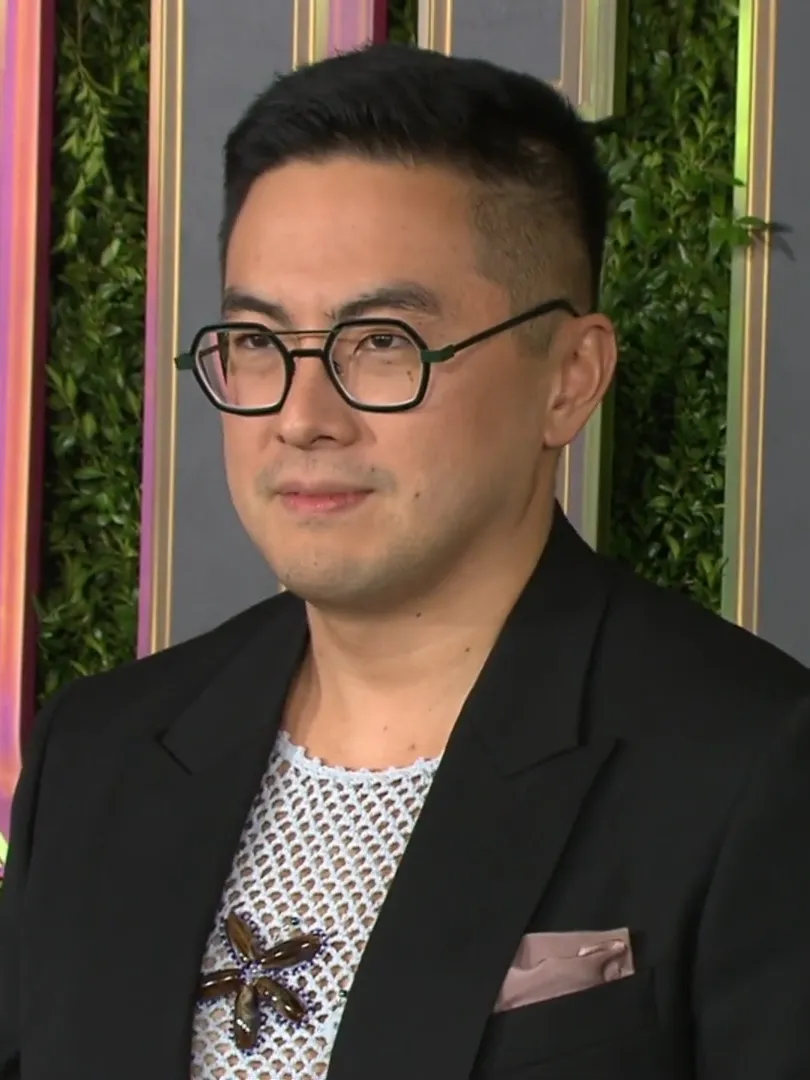Bowen Yang’s Bold Message: Why He’s Done with Social Media Tagging
In a powerful statement that has reverberated across social media platforms, Bowen Yang, the beloved Saturday Night Live star, has taken a definitive stand against a problematic practice that has long frustrated many public figures from marginalized communities. The comedian and actor has publicly called out fans who habitually tag him in photos and videos of other Asian individuals, sparking a crucial conversation about digital etiquette, racial representation, and personal identity.
Yang’s frustration stems from a deeply personal place of feeling reduced to a racial stereotype rather than being recognized as an individual. In a candid moment, he expressed his growing disillusionment with social media, stating, “It makes me not wanna use” these platforms. This powerful statement reveals the psychological toll that seemingly innocuous tagging can take on public figures.
The issue goes far beyond a simple social media annoyance. Yang’s message highlights a broader problem of racial stereotyping that persists in digital spaces. By indiscriminately tagging Asian celebrities in photos of other Asian people, fans inadvertently perpetuate a harmful narrative that suggests all individuals of a particular ethnicity are interchangeable.
Key Points of Yang’s Message:
- Stop Tagging Randomly: A direct request to fans to cease tagging him in images of other Asian individuals
- Recognize Individual Identity: Emphasize the importance of seeing people as unique individuals
- Challenge Digital Stereotyping: Bring awareness to unconscious racial grouping on social media
Yang’s stance is particularly significant in the context of ongoing discussions about representation in media and entertainment. As a prominent Asian American comedian and actor, his voice carries weight in challenging long-standing stereotypes and advocating for more nuanced understanding of identity.
The entertainment industry and social media platforms are increasingly being called upon to address these subtle forms of racial microaggressions. Yang’s bold statement is part of a larger movement that demands more thoughtful and respectful online interactions.
Celebrities and activists have largely praised Yang’s candid approach. By speaking out, he’s creating a dialogue that extends beyond his personal experience, encouraging fans and followers to reflect on their own unconscious biases and digital behaviors.
Psychologically, such repeated tagging can be deeply impactful. It suggests a reduction of individual identity to a singular characteristic – in this case, racial background. Yang’s comments underscore the mental toll of being constantly reminded of one’s perceived “otherness” in digital spaces.
The discussion has sparked widespread conversation about the responsibilities of social media users. It’s a reminder that behind every tagged photo is a real person with complex feelings, experiences, and a desire to be seen as more than just a representative of their racial group.
Conclusion
Bowen Yang’s message is more than just a personal request – it’s a powerful call for empathy, individual recognition, and respectful digital engagement. As social media continues to evolve, conversations like these are crucial in creating more inclusive and understanding online communities.
Note to Readers: Always remember that behind every profile is a unique individual deserving of respect and personal space.
Disclaimer: This article is based on recent public statements by Bowen Yang and aims to provide context and insight into the broader social media conversation.






Leave a Comment